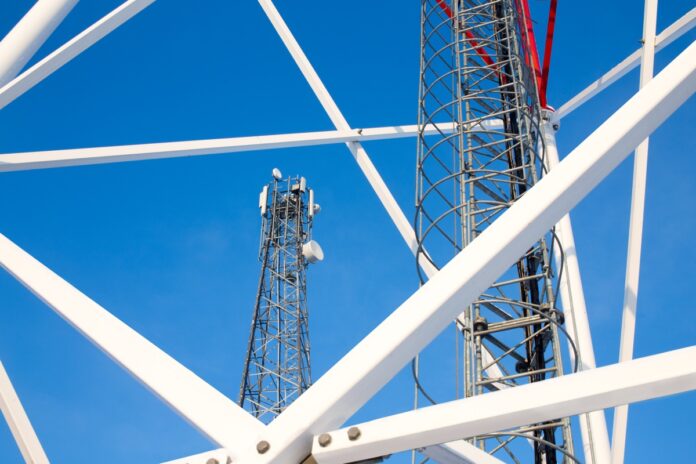Vodafone and O2 have agreed to share 5G equipment, such as radio antennas, on joint network sites across the UK, expanding an existing deal.
They are the latest European operators to announce network-sharing agreements and claim the deal will ensure 5G is rolled out faster, among other advantages.
“Network-sharing reaps the benefits of 5G and at the same time reduces the impact on the environment and lowers roll-out costs, allowing more investment in services for customers,” a joint statement said.
“Greater autonomy”
Vodafone and O2 have agreed to share physical infrastructure at around 2,700 sites in 23 cities, representing just over 16% of combined mast sites. This is in addition to existing sites in London, announced in 2018, bringing the total number of autonomous sites to 25%.
At these sites, each party will install their own radio equipment, fibre backhaul connection and power supply, whilst continuing to share physical elements such as the mast.
The new agreement will see Cornerstone, the 50:50 joint venture company that owns and manages the parties’ passive tower infrastructure, take an additional role in the deployment of both networks and look to capture further operational efficiencies.
In addition, Vodafone and O2 will now look to explore potential monetisation options for Cornerstone.
Fewer masts, greater coverage
Nick Jeffery, CEO, Vodafone UK, said, “We’re driving our 5G roll-out forward with this agreement, and taking our customers, our business and the whole of the UK with us. Greater autonomy in major cities will allow us to accelerate deployment, and together with active network sharing, ensures that our customers will get super-fast 5G in even more places more quickly, using fewer masts.
“We can boost capacity where our customers need it most so they can take full advantage of our new unlimited plans. And it demonstrates our commitment to further invest in our multi-billion-pound network in the years to come, helping the UK become a digital pioneer.”
“This a natural extension to the existing partnership. It makes sense as all providers are keen to accelerate the rollout of 5G networks. Far more effective to partner to solely roll out a new generation mobile network,” he added.
Important step
Mark Evans, CEO, Telefónica UK commented, “[This] is an important step in demonstrating our commitment to invest for the future, with mobile connectivity one of the UK’s most powerful opportunities to strengthen the economy and improve the lives of British people.
“This agreement will enable us to roll-out 5G faster and more efficiently, benefiting customers while delivering value for our business. It also importantly allows us to utilise the spectrum we acquired in the last auction very effectively.”
Fibre still on the table
Earlier proposals included a potential “shared, future-proof fibre transmission network”. This is understood to remain under consideration.
The announcement follows the recent launch of several European 5G collaborations, including between Orange Belgium and Proximus; Orange and Vodafone in Spain; Fastweb and Wind Tre in Italy; and Tele2 and Bite in Latvia and Lithuania.
Paolo Pescatore, Tech, Media & Telco Analyst, PP Foresight, noted, “Telcos needs to be wary and smarter with their network investment. Bottom line, the business model for 5G is unproven so it will be extremely challenging for telcos to recoup the huge investment in the short to medium term.”



